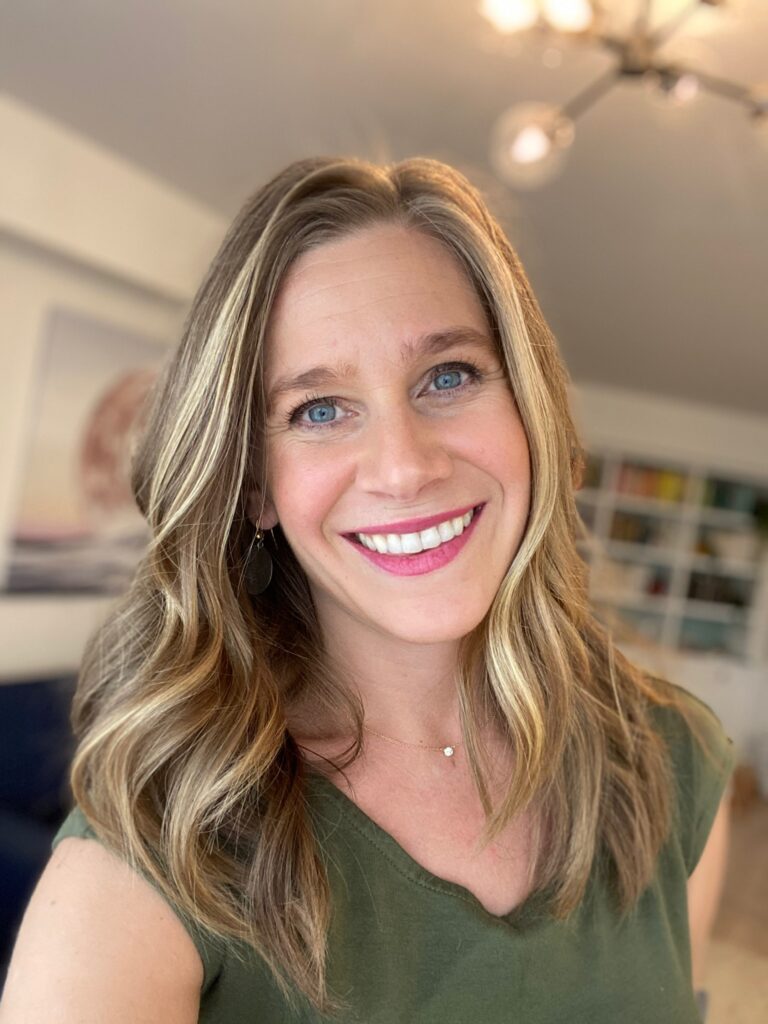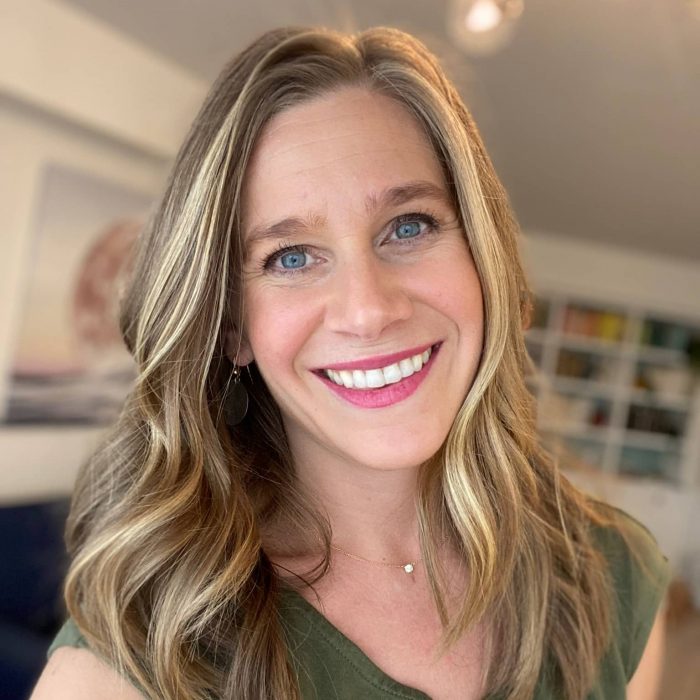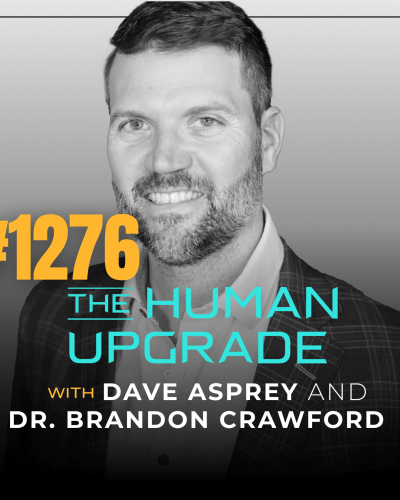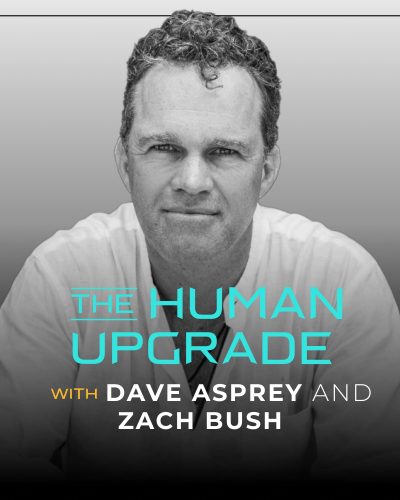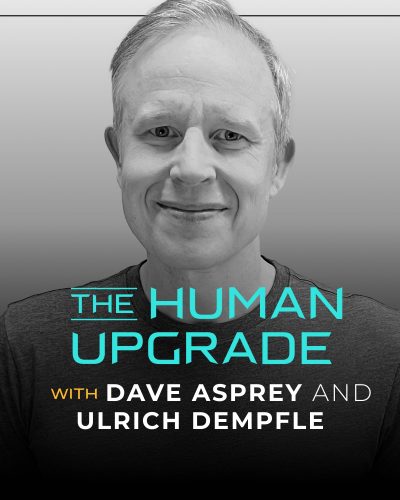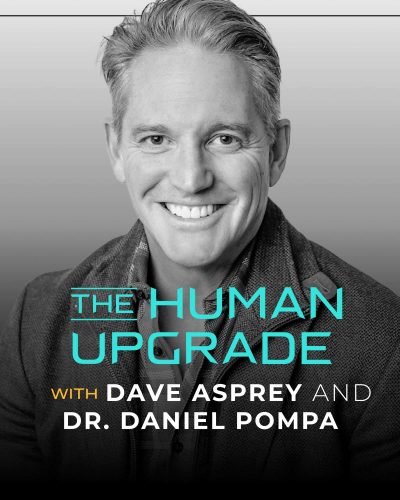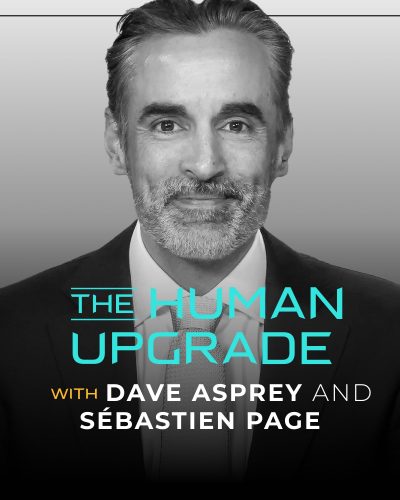In this Episode of The Human Upgrade™...
… Ellen Vora, M.D., takes a functional medicine approach to mental health that considers the whole person and addresses imbalance at the root.
She’s a Yale and Columbia University educated holistic psychiatrist board-certified in psychiatry and integrative holistic medicine. She’s also an acupuncturist and yoga teacher.
In her new book, “The Anatomy of Anxiety: Understanding and Overcoming the Body’s Fear Response,” she takes on anxiety, which hits more than 40 million people in any given year. The pandemic drove that number up even more. Even if math isn’t your strong suit, you can understand these numbers:
- An estimated one out of every nine people, or 800 million people, suffer from a mental health disorder, the most common of which is anxiety.
- Up to 33.7 percent of Americans are affected by an anxiety disorder in their lifetime.
Conventional medicine tends to view anxiety as a “neck up” problem of brain chemistry and psychology. Dr. Vora disagrees. She suggests that various physiologic inputs influence anxiety symptoms.
“What we’ve been indoctrinated with is this idea that our mental health is genetically determined chemical imbalance,” Dr. Vora says. “There’s some validity to that, although I think, for the most part, any chemical imbalance is often a downstream effect of a state of imbalance happening elsewhere in the physical body.”
“A much more hopeful and empowering message and perspective on mental health is to understand that genetics loads the gun, environment pulls the trigger.”
Ellen Vora, M.D.
In this episode, you’ll learn:
- the difference between avoidable, purposeful, false and true anxiety;
- simple strategies for tuning into “true” anxiety and using its benefits;
- how your body may be physiologically out of balance (immunity, gut health, inflammation);
- how “hanxiety” means that blood sugar is affecting your anxiety;
- actionable lifestyle factors to bring yourself back into balance;
- how to manage medication withdrawl; and
- how to reframe your understanding of, and relationship with, anxiety.
Dr. Vora also confronts what she calls techxiety. This can include a boundaryless workplace, how the posture of screen use signals your body for anxiety, and, of course, social media. Research shows social media is associated with higher rates of anxiety and depression. Just 20 minutes of Facebook can impact mood.
So much of how you live your life as an adult profoundly impacts how your mental health manifests, and that’s the part you can control.
Enjoy the show!
LISTEN: “Follow” or “subscribe” to The Human Upgrade™ with Dave Asprey on your favorite podcast platform.
REVIEW: Go to Apple Podcasts at daveasprey.com/apple and leave a (hopefully) 5-star rating and a creative review.
FEEDBACK: Got a comment, idea or question for the podcast? Submit via this form!
SOCIAL: Follow @thehumanupgradepodcast on Instagram and Facebook.
JOIN: Learn directly from Dave Asprey alongside others in a membership group: ourupgradecollective.com.
- Our Partners
- Links & Resources
- Key Notes
Control Blood Glucose:
https://pendulumlife.com, sign up for membership to get monthly supply delivery, use code DAVE20 to save $20 on your first shipment
- Are you a highly stressful person? Is that why you chose to write a book about it and become a holistic psychologist? – 2:16
- A true mood is something happened and you’re in a mood as result, and a false mood, it’s those times we wake up on the wrong side of the bed or suddenly, out of nowhere, we’re irritable, we’re anxious, we’re sad or angry. – 3:47
- Is it true that people with poor methylation or poor detox pathways walk around with more what I would call physical anxiety, what you would call false anxiety? – 8:32
- When we figure out that the panic attacks track perfectly with blood sugar crashes and we stabilize their blood sugar in one way or another, they walk away from panic disorder. So that’s one I see all the time, and it’s a really nice, quick fix. – 13:54
- My personality also changed when I went gluten-free and dairy-free. – 16:36
- We need to get strategic about setting ourselves up for good sleep. Once we’ve done that, most of us sleep well, and that can avoid a lot of unnecessary anxiety. – 23:26
- The next thing that you write about in your book is techxiety, which is a real form of anxiety. What is that? – 27:30
- When we actually peel away the layers and get them off exogenous hormones, they can walk away from the diagnosis. It calls into question the whole mental health history. So I think that there’s a lot of women who have been really impacted by the way birth control changed their mood. – 36:54
- I’m focused on is this silent epidemic of what happens when people choose to get off of psychiatric medication? I think that the trouble here is that there’s no education to the public or even to the physicians prescribing these medications that there is a discontinuation or withdrawal syndrome with these meds. – 42:30
- Can you talk to me about attachment theory, what it is, and how that’s causing anxiety? – 44:31
